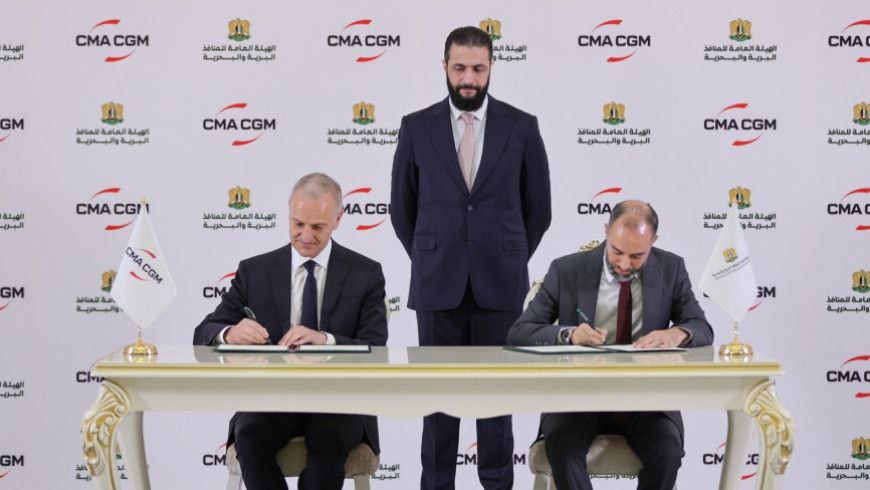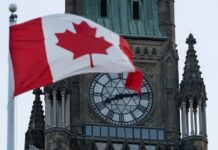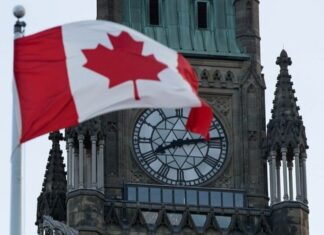
In 2025, Syria witnessed a radical transformation from a state of war to an attractive hub for international investment. This transformation was attributed to the lifting of sanctions and ambitious institutional reforms. Minister of Economy and Industry Nidal al-Shaar announced a comprehensive plan to build a modern economy that would achieve remarkable progress after years of war.
The cost is estimated at over one trillion dollars and aims to establish modern infrastructure and revive Syria’s historic industrial and commercial fabric. The plan enhances participation of the private sector as a key partner in the process of development and economic recovery.
Agreements Boost International Confidence
From reconstruction to the rehabilitation of vital sectors such as electricity, oil, and tourism, the numbers are beginning to speak for themselves, announcing Syria’s imminent return as a strong economic player in the region. Ending sanctions opens the door to massive investments in Syria estimated at $400 billion.
A $7 billion agreement was signed with an international consortium (Qatari, Turkish, and American) to generate 5,000 megawatts using gas turbine and solar power plants. The development of Tartous Port was also announced in partnership with UAE’s DP World, with investments amounting to $800 million, to enhance its role as a regional trade hub.
The Damascus Securities Exchange was reopened, flights with Turkey resumed after 14 years, and the transportation network was expanded in cooperation with the World Bank. The French company CMA CGM also announced a $262 million investment to develop the port of Latakia.
Institutional Reforms and Unprecedented Investments
In 2025 the government will issue a new law offering investors a range of attractive incentives, including tax exemptions, free repatriation of profits, and full foreign ownership of investment facilities. The law will include mechanisms for resolving disputes through international arbitration.
A national investment map is also being prepared to identify opportunities in key sectors such as infrastructure, renewable energy, manufacturing (pharmaceuticals and textiles), financial technology, and tourism.
Promising Sectors
The UAE has been a leading investor, particularly in port and energy projects. Saudi Arabia is considering investing up to $200 billion, while Qatar and Kuwait have announced their intention to enter real estate, telecommunications, and infrastructure sectors.
Investment opportunities in renewable energy like solar and wind energy are promising. Real estate and reconstruction are vital to rebuild entire cities, with Gulf investors interested in smart city projects, reviving the pharmaceutical industry through global partnerships, and developing tourism through hotel projects managed using a model similar to Dubai.
Birth of a New Syria
Syria is no longer a devastated country, but rather an emerging market with a geostrategic location and vast natural resources. Its success depends on accelerating legislative reform, diverting financial flows into productive projects that reduce unemployment, and leveraging Gulf support to build sustainable partnerships. After decades of isolation, Syria is presenting itself as a promising investment story, with the Minister of Economy saying, “We are on the cusp of the birth of a new Syria.”








